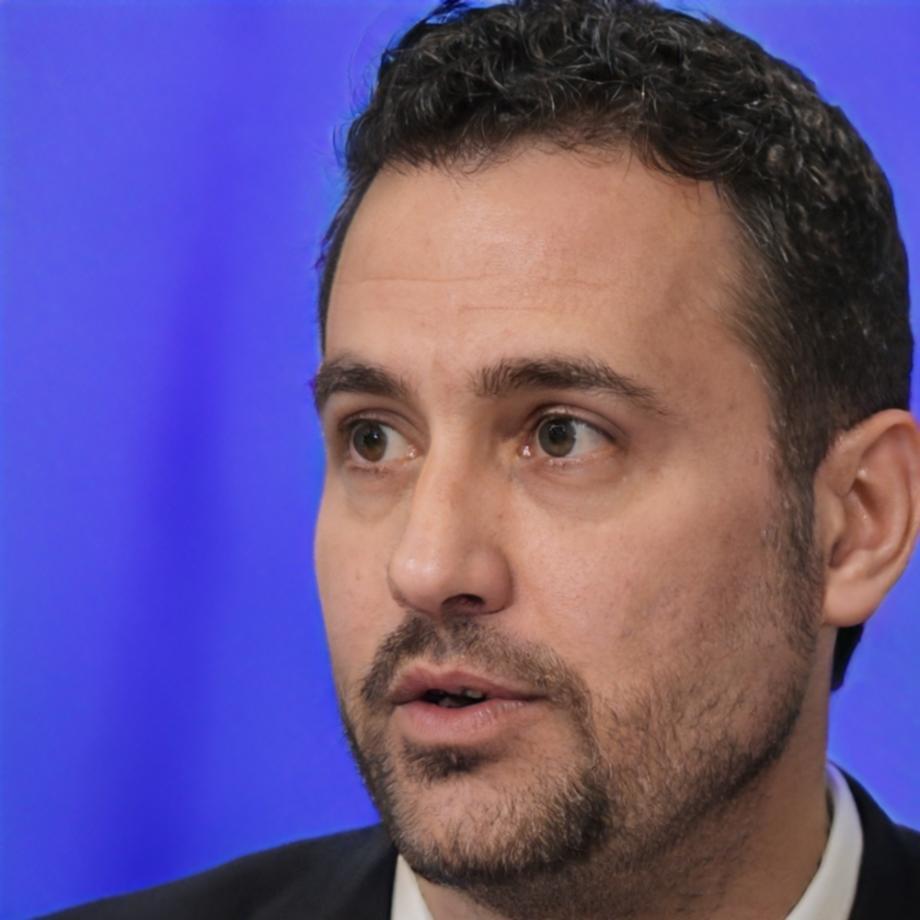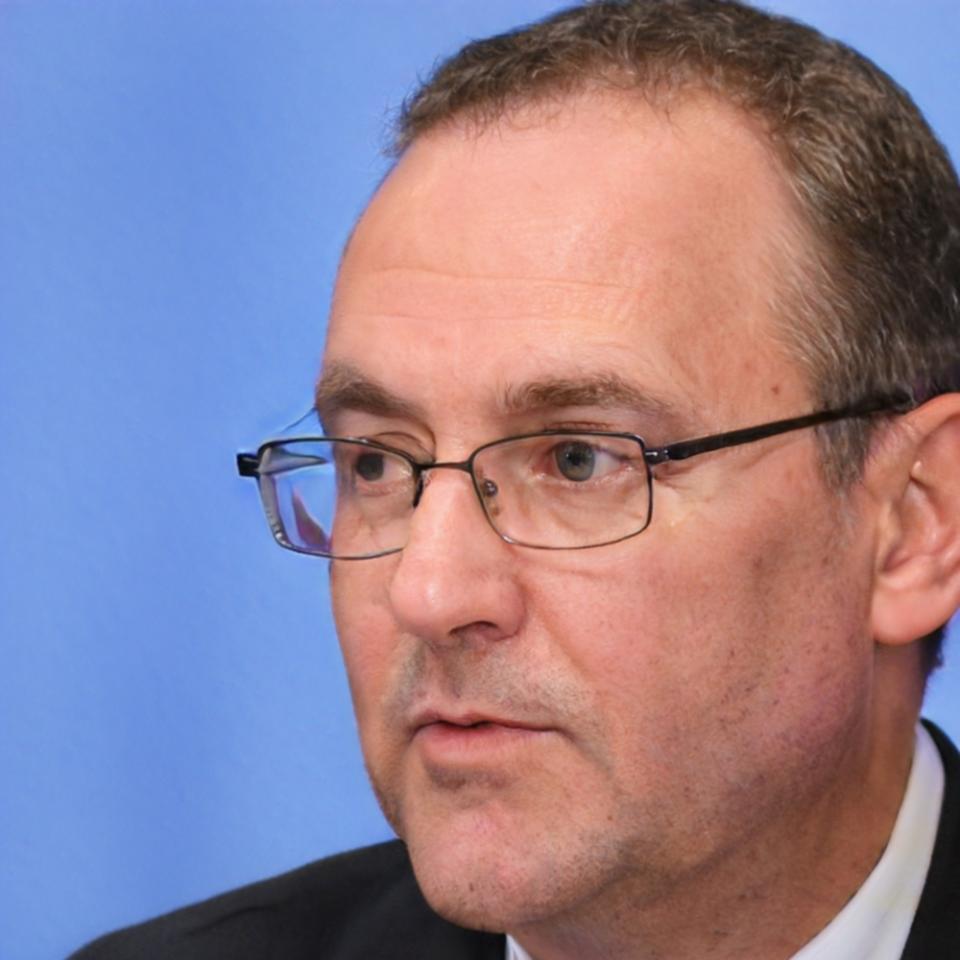Transform Your Crisis Intervention Career
At Usanetwrk, we're building the bridge between academic theory and real-world practice. Our comprehensive training programs have guided over 2,800 professionals through the complexities of crisis intervention since 2023, creating a network where expertise meets compassion.
Explore Training Programs
Why Choose Usanetwrk?
We've spent two years understanding what makes crisis intervention training actually work. Here's what sets us apart from traditional approaches.
Scenario-Based Learning
Every training module includes real case studies drawn from actual crisis situations. You won't just learn theory—you'll practice decision-making in controlled environments.
- Interactive case simulations
- Multi-perspective analysis
- Outcome tracking and feedback
- Peer collaboration exercises
Flexible Certification Paths
Whether you're entering the field or advancing your expertise, our modular approach lets you build credentials at your own pace without compromising your current commitments.
- Self-paced online modules
- Weekend intensive options
- Corporate group training
- Continuing education credits
Ongoing Professional Support
Training doesn't end with certification. Our alumni network provides ongoing consultation, resource sharing, and professional development opportunities throughout your career.
- Monthly expert Q&A sessions
- Resource library access
- Career advancement guidance
- Specialized workshops
Evidence-Based Curriculum
Our content reflects the latest research in crisis psychology, trauma-informed care, and intervention methodologies. You'll learn techniques that actually work in practice.
- Research-backed methodologies
- Updated quarterly content
- Expert practitioner input
- Measurable outcome tracking
Your Journey to Expertise
Master Core Concepts
Start with fundamental crisis theory, ethical frameworks, and communication techniques. Most students complete this phase in 4-6 weeks, though you can move faster or slower based on your schedule. You'll gain confidence in basic intervention strategies and learn to recognize different crisis types.
Practice Real Scenarios
Apply your knowledge through guided simulations and case studies. This is where theory meets practice—you'll work through complex situations with mentor feedback and peer collaboration. Many students find this the most challenging but rewarding part of their training.
Choose Your Focus Area
Whether it's youth crisis intervention, workplace trauma response, or community mental health, you'll develop expertise in your chosen specialty. Our tracks include substance abuse crisis, domestic violence intervention, and emergency mental health response.
Launch Your Career
Complete certification requirements and begin professional practice with ongoing support. You'll have access to job placement assistance, interview preparation, and continued education opportunities as your career develops.
Common Questions About Our Programs
We get these questions frequently from prospective students. If you don't see your question here, our team is always happy to provide personalized guidance.
How much time should I expect to dedicate to training?
What kind of career support do you provide after graduation?
Do I need previous experience in mental health or social work?
How does online training compare to in-person instruction?
What makes your approach different from university programs?
Learn From Active Practitioners
Our instructors aren't just academics—they're professionals who handle crisis situations daily. They bring current field experience and practical wisdom to every lesson.

Michael Chen
Senior Crisis Specialist
Michael has managed crisis intervention programs for three major hospital systems and currently leads our advanced certification track. His expertise in emergency mental health response shapes our most challenging case studies.

David Rodriguez
Clinical Training Director
David brings 12 years of clinical social work experience to our program design. He specializes in trauma-informed care and has trained over 500 professionals in crisis de-escalation techniques across the Southeast.